We did it! 100% clean and fossil-free Multnomah county buildings

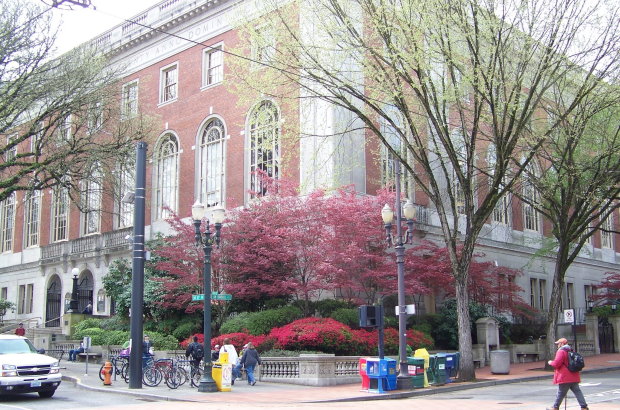
By: Jonathan Lee on
Multnomah County Board of Commissioners unanimously approved a resolution ensuring all new county-owned buildings—including libraries, courthouses, and community centers—are built to be fossil-free and utilize 100% clean and renewable energy.
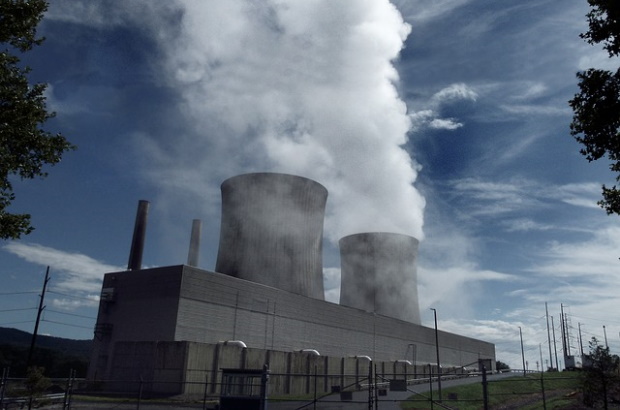
By: Zach Baker on
The Oregon Department of Environmental Quality (DEQ) has proposed exempting the state's fossil gas power plants from their Climate Protection Program. This cannot stand.
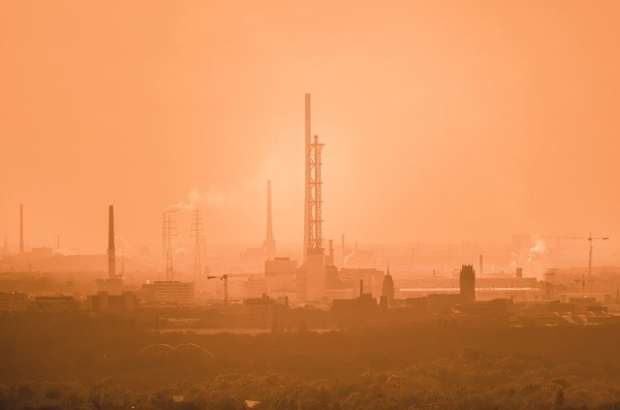
By: Zach Baker on
The EQC has decided to stack the cap-and-reduce rulemaking advisory committee with fossil fuel and big business interests.

By: Jonathan Lee on
If you live west of the Cascades in the Pacific Northwest, you likely woke up yesterday to an awful late-summer surprise (if you weren't under wildfire threat already): a blanket of unhealthy wildfire smoke.
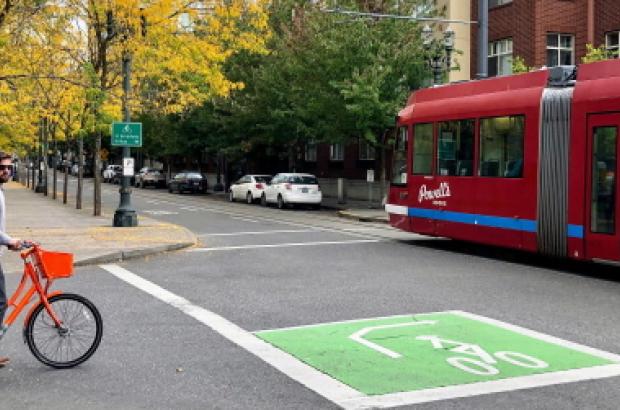
By: Victoria Paykar on
The Portland metro region needs safe, efficient, and affordable transportation options. Let’s Get Moving 2020 will help make these improvements possible, all while reducing climate pollution and addressing systemic inequities.
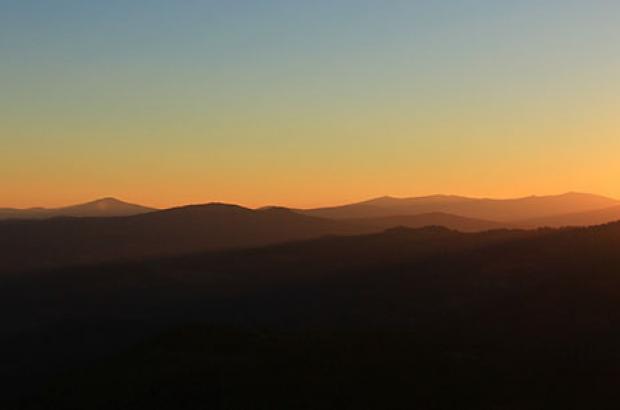
By: Zach Baker on
Last month, twelve state agencies delivered their plans to carry out the Governor’s Executive Order on climate. Here's what we know so far.
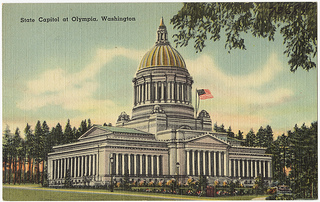
By: Vlad Gutman-Britten on
Washington's Legislature failed—again—to enact the kind of bold climate solutions we need and are ready for. Here's what happened, and here's why we can't stop and won't stop working to make the Evergreen State a climate leadership state.

By: Gregg Small on
Good jobs, vital communities and clean energy are the way forward as we transition away from the pollution, health risks and climate damage of the fossil fuel era. Majora Carter inspired us with storytelling at Climate Solutions' annual breakfast.

By: Seth Zuckerman on
Climate gets a cameo in the presidential race, Oregon utility to try burning biomass in Boardman coal plant, federal loan guarantees boosted utility-scale PV, and more news of the week in climate and clean energy.

By: Vlad Gutman-Britten on
Washington state officials continue working on a new set of rules to cap carbon emissions. Getting ir right will require setting more ambitious goals, in line with current science—and we'll still need more tools to protect our climate and our future.
Join our email list to learn about what we do and how to get involved.
Every two years, the Oregon Department of Energy releases its Biennial Energy Report, providing Oregonians with a rich, in-depth analysis of the state's energy sources and usage trends.
COVID-19 has sent shock waves through our entire economy. Households across Oregon are facing economic hardship not seen in our lifetimes, with no clear end in sight either locally or on a global scale. Pre-existing social inequities have been exacerbated. And it’s become clear that the effects of this virus will last for years.